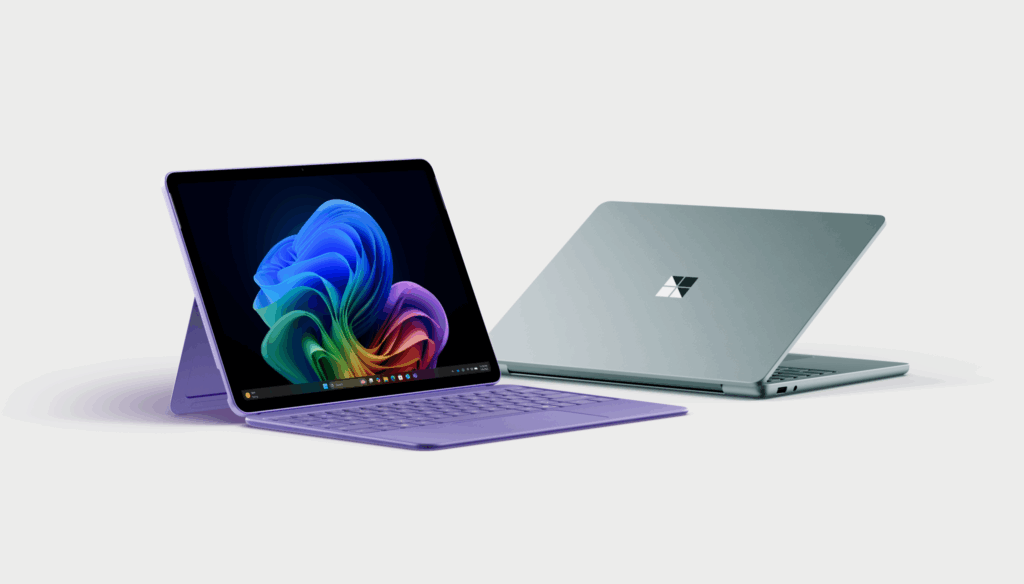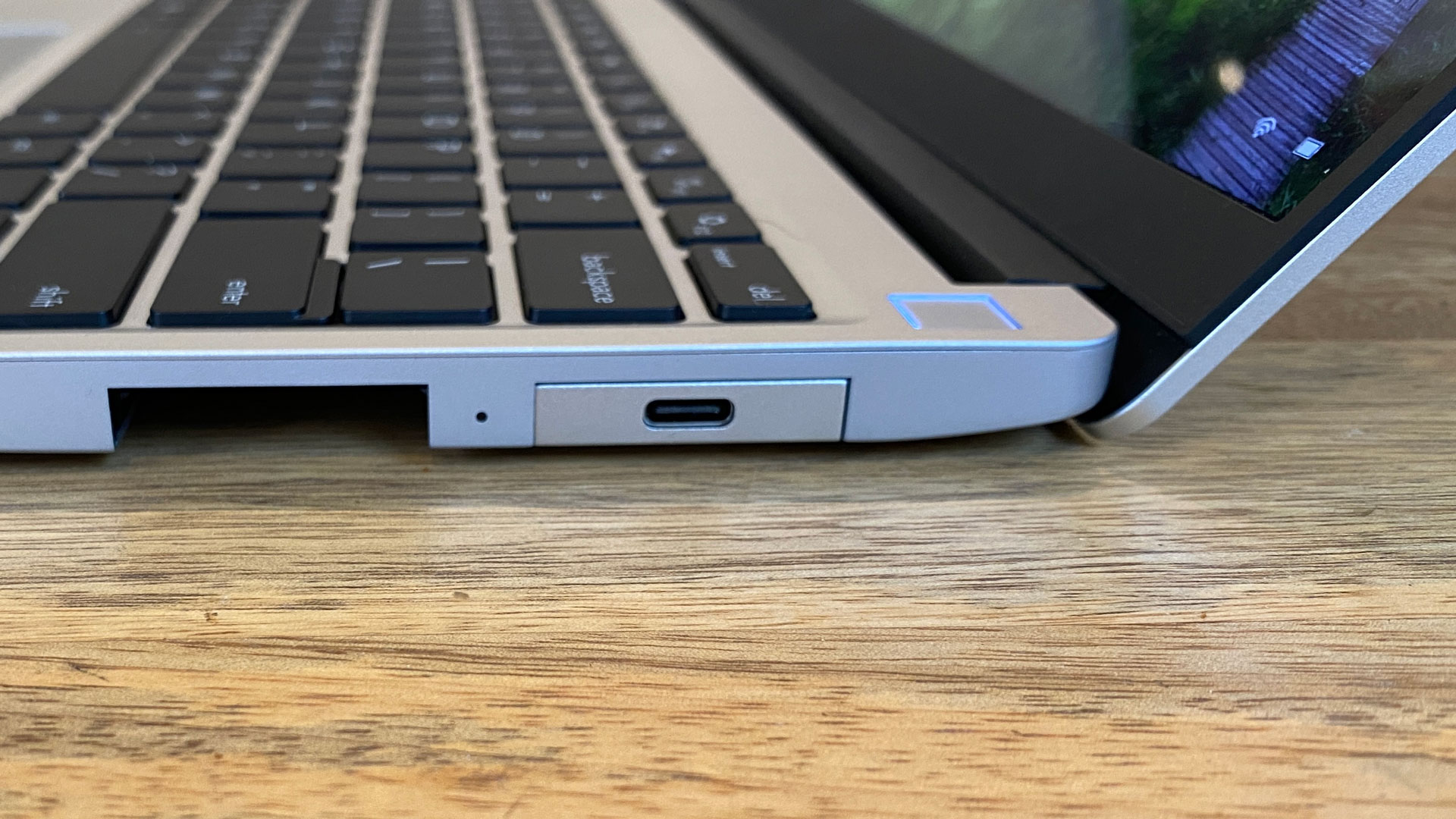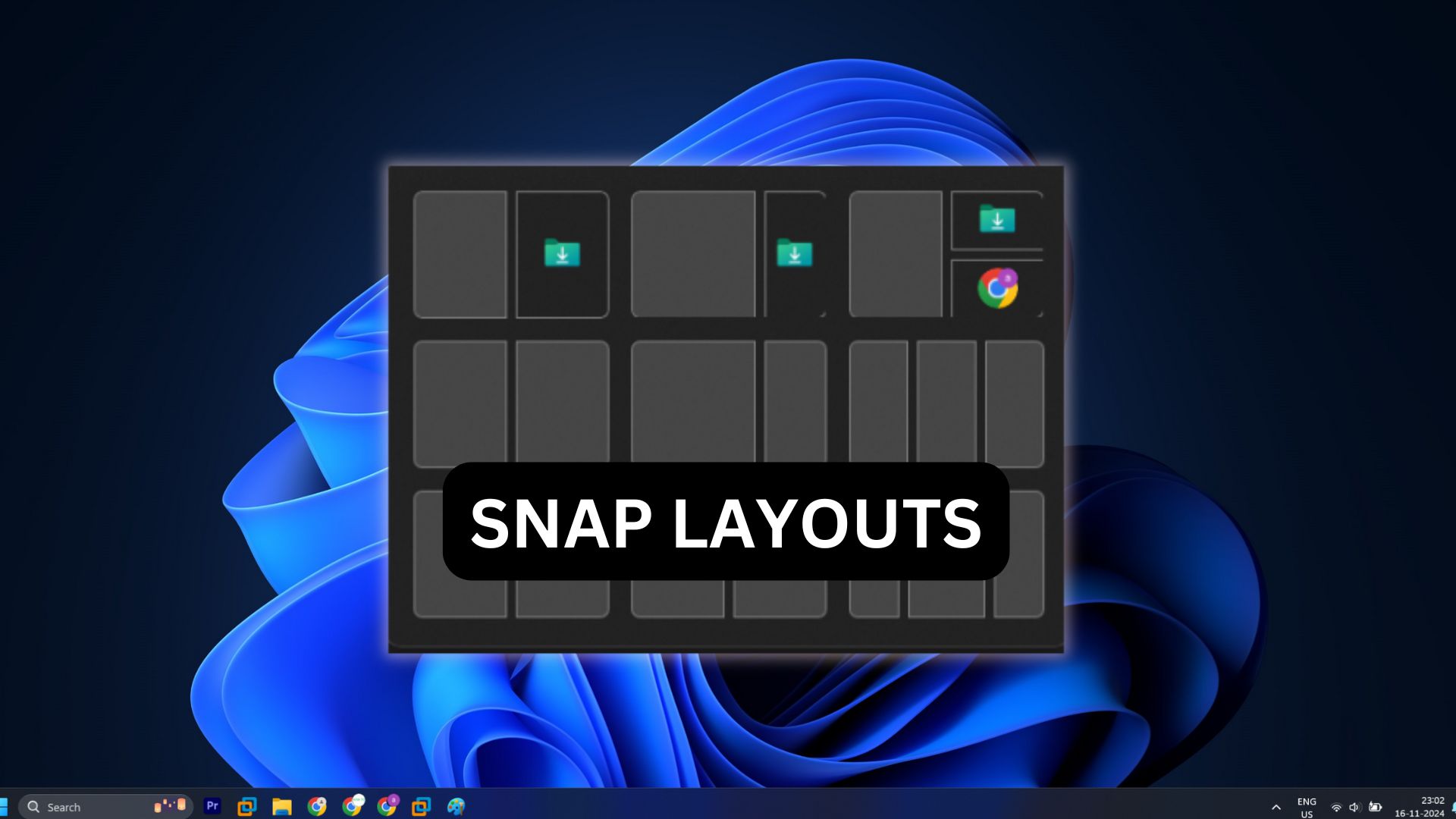
Microsoft to Enforce Standardized USB-C Requirements on Windows 11 Laptops
Microsoft is taking steps to eliminate longstanding frustrations with USB-C by making uniform port standards mandatory for new Windows 11 laptops starting with the 24H2 update. In a newly published blog post, the company announced that previously optional USB-C specifications will now be required under the Windows Hardware Compatibility Program (WHCP). This change is aimed at ensuring consistent and reliable USB-C functionality across all certified Windows devices.
Until now, PC manufacturers had wide latitude in how they implemented USB-C ports. Despite the USB-C spec supporting up to 240W of charging power and data transfer speeds of up to 80Gbps (or 120Gbps for monitors), manufacturers weren’t obligated to fully utilize these capabilities. As a result, users often encountered unpredictable behavior—especially when connecting monitors or chargers—due to inconsistent hardware implementations and insufficient labeling.
With the 24H2 update and WHCP compliance, Microsoft is shifting from suggestion to enforcement. Manufacturers will be required to test their devices using Microsoft’s Hardware Lab Kit (HLK) to ensure compliance with the following new USB-C minimum standards:
- USB4-equipped devices:
- All USB-C ports must support data rates of 40Gbps or 80Gbps
- Thunderbolt 3 compatibility is mandatory
- Minimum charging power of 15W (7.5W for tablets)
- Mandatory support for USB Power Delivery, PCIe tunneling, DisplayPort Alt Mode, and dual 4K@60Hz displays
- USB3-equipped devices:
- Ports must support 5Gbps, 10Gbps, or 20Gbps data rates
- Charging capability must range from 4.5W to 15W
- At least one external display must be supported
- Thunderbolt and PCIe support not required
The goal of these stricter requirements is to eliminate user confusion and ensure reliable interoperability across accessories. With a consistent USB-C experience, users should be able to connect monitors, power adapters, and peripherals with confidence—no more guessing whether a cable or port will work.




